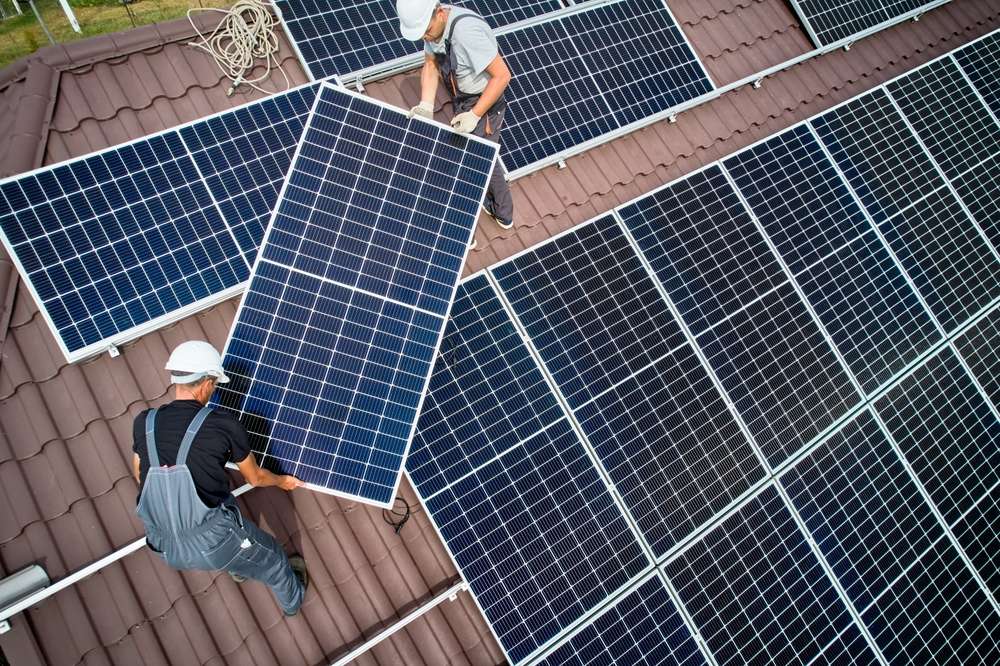Understanding the Burgeoning Trend of Urban Beekeeping
The hobby of beekeeping has been around for centuries, but recently, it's seen a significant uptick in urban environments. This article delves into the history, current trends, and future implications of urban beekeeping, examining how city dwellers can contribute to sustainable food systems and biodiversity.

A Brief History of Beekeeping
Beekeeping, or apiculture, dates back to ancient times. Archaeological evidence shows that early civilizations in Egypt and Greece practiced beekeeping, recognizing the value of bees not only for their honey but also for their role in pollination. This longstanding tradition continued throughout the centuries, but it was primarily a rural practice.
Urban beekeeping, on the other hand, is a relatively new phenomenon. It began gaining traction in the late 20th century as urban agriculture became more popular. This shift was driven by growing concerns about food security, environmental sustainability, and the decline of bee populations.
The Buzz on Urban Beekeeping
Today, urban beekeeping is rapidly expanding across the globe. From rooftop hives in New York City to backyard colonies in Paris, city dwellers are embracing this age-old practice with newfound enthusiasm.
The trend has been spurred on by a number of factors. Firstly, urban areas provide a surprisingly diverse range of flora for bees to forage on, often more so than mono-crop farmland. Secondly, urban beekeeping can play a significant role in promoting biodiversity and improving pollination in cities. Lastly, it offers a unique way for urban residents to reconnect with nature and contribute to their local food systems.
The Economic Impact of Urban Beekeeping
While most urban beekeepers start as hobbyists, many soon realize the potential for turning their passion into a profitable venture. The demand for locally produced honey is on the rise, and urban honey often fetches a premium price due to its unique flavor profiles.
The economic impact of urban beekeeping extends beyond honey production. Bees contribute billions of dollars to the global economy through their pollination services, boosting yields for a wide variety of crops. By keeping bees, urban dwellers can indirectly support their local economies and contribute to global food security.
The Science Behind the Buzz
Research supports the benefits of urban beekeeping. Studies have found that urban bees are often healthier and more productive than their rural counterparts, likely due to the diversity of plants in cities. However, potential challenges exist, including the risk of disease transmission and the potential impact on local bee populations.
The Future of Urban Beekeeping
As interest in urban beekeeping continues to grow, cities around the world are updating their regulations to accommodate this trend. However, there’s still much to learn about the long-term impacts of urban beekeeping on local ecosystems and bee populations.
In conclusion, urban beekeeping represents a promising avenue for sustainable urban development. As we continue to grapple with the challenges of urbanization, climate change, and biodiversity loss, these buzzing city dwellers offer a glimmer of hope. They remind us that, even in the heart of concrete jungles, nature finds a way to thrive.




